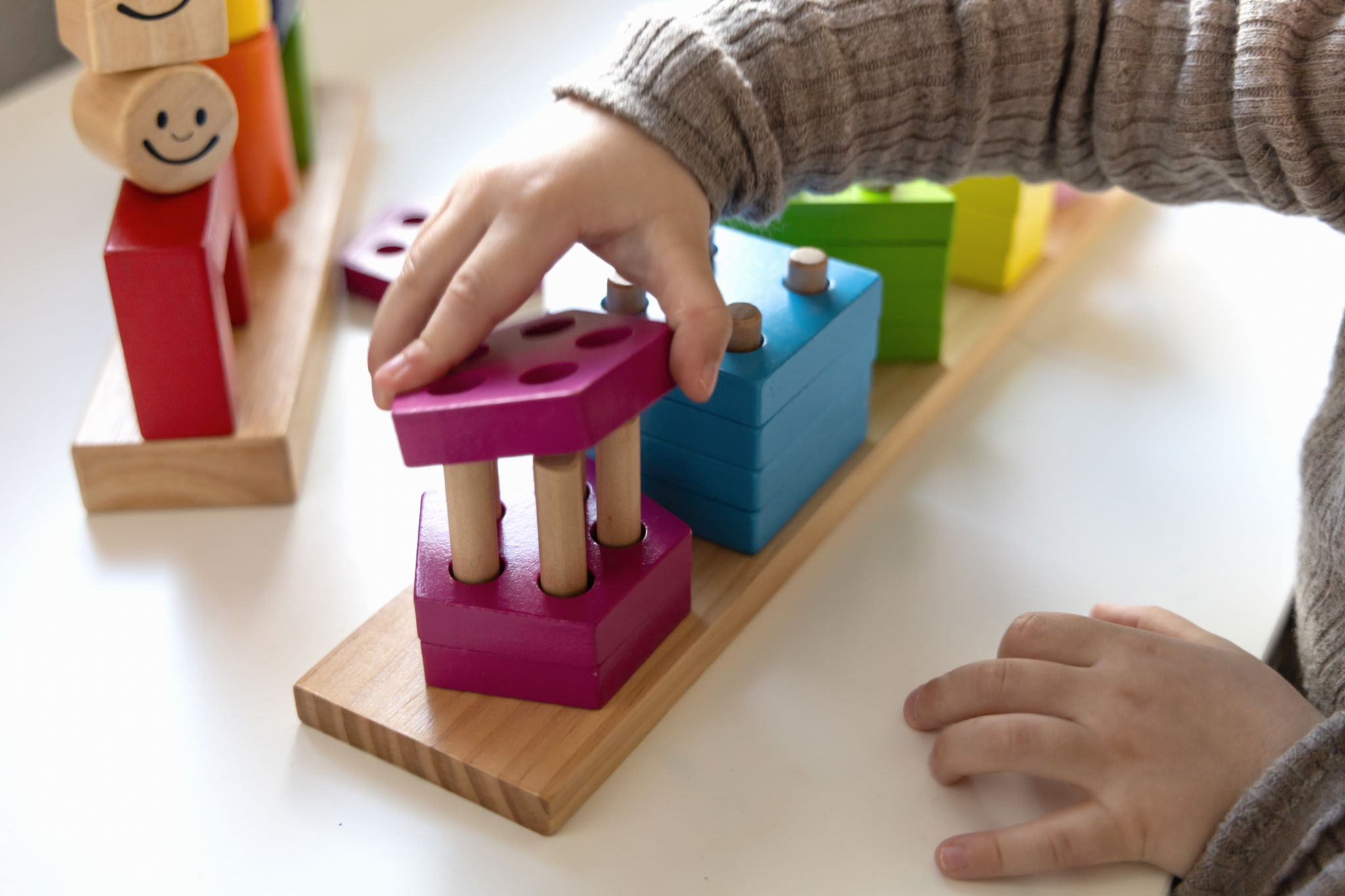Play-Based Learning: A Key to Unlocking Child Development
Understanding Play-Based Learning
Play-based learning is an educational approach that uses play as the primary mode of learning for children. This approach leverages children's natural curiosity and enthusiasm for exploration, providing a rich environment for cognitive, social, emotional, and physical development. Unlike traditional learning methods that focus on direct instruction, play-based learning encourages children to engage with their surroundings in a meaningful way.
In play-based learning, children are free to explore and experiment, fostering creativity and critical thinking skills. This method recognizes that children learn best when they are actively involved and having fun, which is why it has gained popularity in early childhood education settings.

The Benefits of Play-Based Learning
There are numerous benefits associated with play-based learning. Firstly, it promotes a child's holistic development. By engaging in play, children develop language skills, problem-solving abilities, and social competence. They learn to communicate, collaborate, and negotiate with peers, which are essential skills for their future.
Moreover, play-based learning helps children build self-confidence and self-regulation. As they navigate through various scenarios during play, they learn to manage their emotions and behaviors, leading to improved emotional intelligence. This foundation is crucial for their overall well-being and success in life.
Enhancing Cognitive Skills
One of the significant advantages of play-based learning is its impact on cognitive development. Through activities such as building blocks, puzzles, and role-playing games, children enhance their memory, attention span, and reasoning skills. Such activities stimulate brain development by encouraging children to think critically and make decisions independently.
Furthermore, play-based learning supports language acquisition. As children engage in imaginative play, they are exposed to new vocabulary and language structures. This exposure not only enriches their language skills but also boosts their confidence in expressing themselves.
Implementing Play-Based Learning
For educators and parents looking to implement play-based learning, creating an environment that encourages exploration and creativity is key. Providing a variety of materials and resources such as art supplies, building blocks, and costumes can stimulate children's imagination and curiosity.
It's also essential to allow children the freedom to choose their activities and follow their interests. By doing so, adults can support children's intrinsic motivation to learn and ensure that the learning experience remains enjoyable and engaging.
The Role of Adults in Play-Based Learning
While play-based learning emphasizes child-led activities, the role of adults is still crucial. Educators and parents should act as facilitators by observing children's interests and providing guidance when necessary. Asking open-ended questions can encourage deeper thinking and reflection during play.
Additionally, it's important for adults to create a safe and supportive environment where children feel comfortable exploring and taking risks. When children know they have the support of caring adults, they are more likely to engage fully in the learning process.
Conclusion
In conclusion, play-based learning is a powerful approach to unlocking child development. By prioritizing play as a vehicle for learning, educators and parents can support children's growth across multiple domains. The benefits of this approach extend beyond academic achievement, equipping children with essential life skills that will serve them well into adulthood.
As more educational settings embrace play-based learning, we can look forward to seeing children who are not only well-educated but also well-rounded individuals ready to take on the challenges of the future.